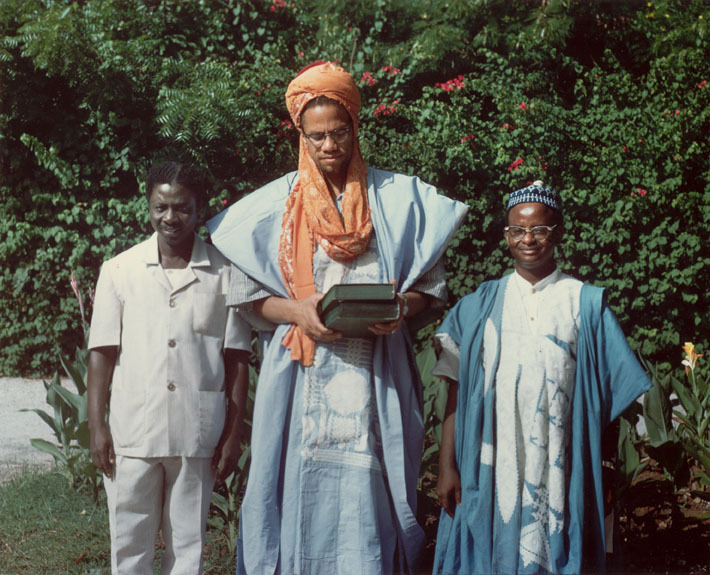I am not a turbanista. I know that may confuse many folks, given my style of headwrap, but I'm not. Hear me out.
I'm going to be honest. I don't like the term "turban" when referring to my head wrap. Honestly, when I think turban, I think this:

Or this:

Within the last five to seven years or so, the word "turban" has become synonymous with wrapping one's hair up with fabric. However, turbans in different cultures have different meanings. But that's not what this is about.
While the term "turban" doesn't sit well with me, it's the mentality that has seem to come with it that truly bothers me. If you search #turbanista on Instagram, you see an array of gorgeous women with beautiful headwraps on. You see how-tos, tutorials, and all that goodness. It's a beautiful sight. But when it comes to the Muslim community in America, this new term "turbanista" actually does damage as well. Why?
BECAUSE IT AIN'T NEW. NONE OF IT.
Black women in America have been adorning their crowns with head wraps for centuries — Muslim and non-Muslim. It's a way for us to embrace and express our African heritage. Being the descendants of enslaved Africans and historically and constantly being denied the knowledge of our origins, we had to fight to study and learn where we came from and apply it to our American culture. For many black Muslim women, specifically those in the community of Imam W. Deen Muhammad, we wore, and still wear, our khimar (headwrap) in a fashion that expresses our identity as black Muslim women. We wear our khimars in funky fashions, design our own clothes, wear amazing colors, etc. We are creatively and modestly embracing of our heritage. AND WE ARE VILIFIED FOR IT.
While many Muslim women are just starting to embrace the new "turban" fad or wear their khimar in a "hip-hop bun," many of us have been doing it for years. Let's be clear, me and mine were looked down upon, criticized, told we weren't real Muslims and all other types of foolishness because of how we wore our khimar by non-black, and even other black, Muslims. I've had a classmate in college who didn't think I was a "real Muslim" because of how I wear my khimar. I've had sisters completely ignore me when I give them the Muslim greetings of peace, because of my khimar and my melanin. I was made to feel like I wasn't a real Muslim because of my khimar. Now all of a sudden it's "edgy" and "trendy"? In a time where the national image of Islam fails to include the descendants of those Muslims who came over on slave ships, seeing clothing and khimar styles that we were chastised for being celebrated on the bodies of others bears a stark resemblance to the cultural appropriation of black culture we see happening in mainstream media.
Listen, I am all for Muslim women expressing themselves and embracing their respective cultures via their khimar. Yes, I know black women aren't the only women in the world who cover their hair, but we're talking about Muslims in America. Get creative and funky with your khimar, but do not ignore the women who were doing this back before our generation even existed.
